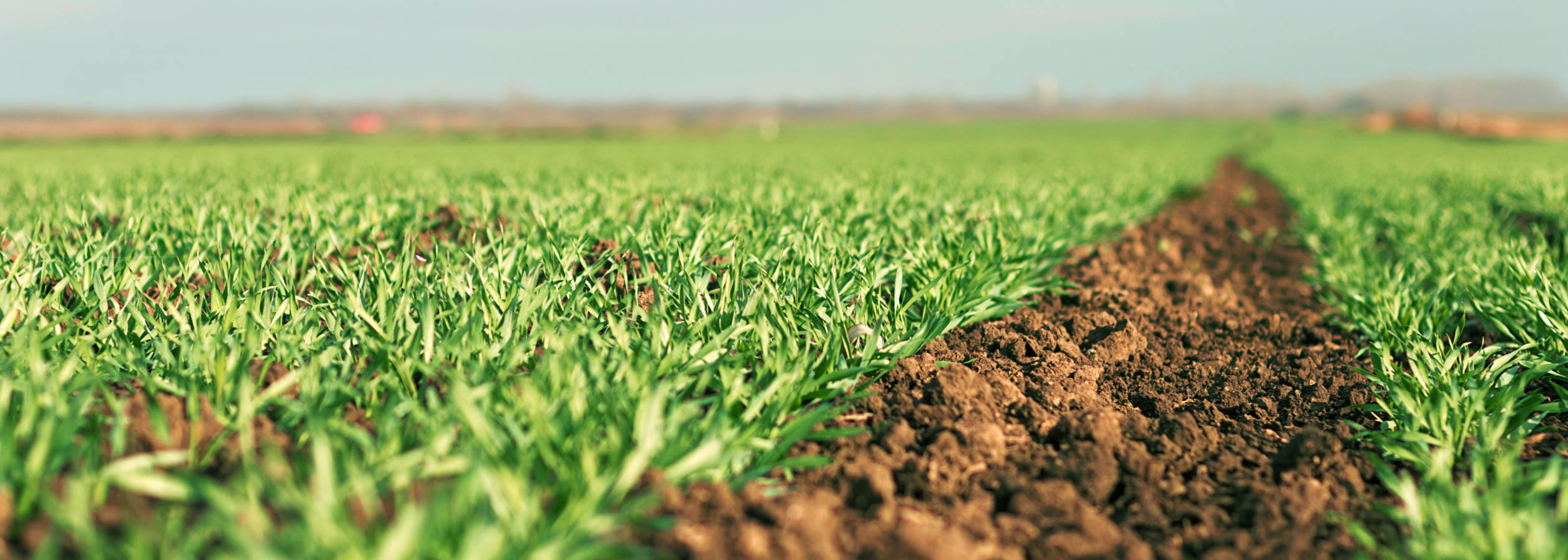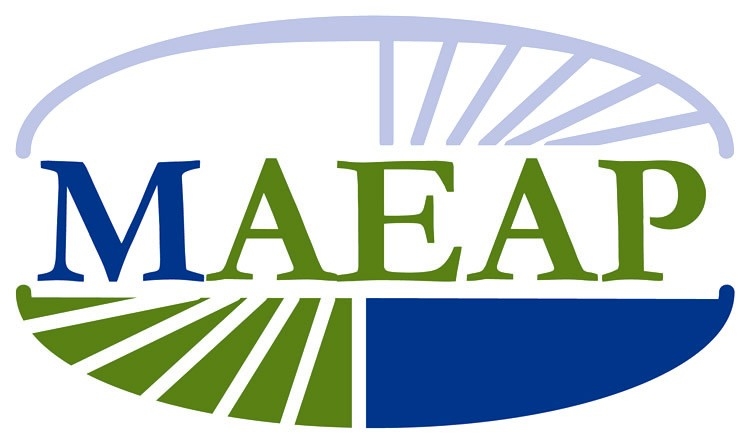|
SOILMichigan's rich agricultural history includes being an early adopter of the Conservation District movement, initiated as a response to the devastating Dust Bowl of the 1930s. Today, our Conservation Districts (CDs) are busy working with their local farmers to bolster the health and best practices of their land through our MAEAP verification program, as well as facilitating farmer participation in a variety of government-supported agricultural programs.
Michigan Agriculture Environmental Assurance Program (MAEAP)
Voluntary and comprehensive, MAEAP is designed to reduce farmers' legal and environmental risks through a three-phase process:
Michigan Conservation Districts deliver the program at the local level through each District’s water stewardship and/or conservation technicians (AKA: "MAEAP Techs"). Assistance takes many forms, including educational MAEAP meetings, working hand-in-hand with a farmer to examine different aspects of the farm through the four MAEAP risk assessment system tools, to the implementation of environmentally sound practices to reduce identified risks. The four systems — Farmstead, Cropping, Livestock & the Forest, and Wetlands & Habitats – each examine a different aspect of the farm. Working with a Conservation District Water Stewardship Technician, a farmer goes through applicable systems, addressing any concerns found. Once the process is completed, the farm becomes "MAEAP verified." A farm can then display a MAEAP sign, signifying that MAEAP partners recognize the farm is environmentally assured. Discover further details about this key program by reaching out to your local CD office. You can also learn more at the MAEAP website.
Environmental Quality Incentives Program (EQIP)The EQIP program supports farm production and environmental quality as compatible goals. Our Districts facilitate EQIP on the local level, aiding the USDA's Natural Resources Conservation Service (NRCS) in rolling out financial and technical assistance through this voluntary program. Our Districts are proud to facilitate EQIP's comprehensive array of assistance to address natural resource concerns, and deliver environmental benefits like improved water and air quality, conserved ground and surface water, reduced soil erosion and sedimentation, and improved/created wildlife habitat. Through EQIP, farmers, ranchers, private forest landowners, and federally-recognized American Indian tribes can receive financial and technical assistance to implement structural and land management conservation practices on eligible farmland.
Conservation Stewardship Program (CSP)The CSP was created to provide financial and technical assistance for eligible farmers to conserve and enhance soil, water, air, and other natural resources on their farmland and private forests. In Michigan, the CSP’s focus is on impacts to natural resources of specific concern for designated geographic areas. A USDA NRCS-supported program, successful applicants must enroll their entire agricultural operation, including all agricultural land under the applicant’s control, for the term of the proposed contract. Learn how to get started with the CSP by contacting your local Conservation District. We also highly recommend reviewing NRCS’s “5 Steps to Assistance.”
Forestry Assistance Program (FAP)
Michigan Conservation Districts provide education and one-on-one technical help with local forest health issues for private landowners and communities. Our professional foresters work out of 19 District offices, providing coverage for 46 counties in upper and lower Michigan. Local Conservations Districts provide assistance to help their area's citizens better understand, plan, manage, protect and utilize their forest resources. The program is made available through grants from the Michigan Department of Agriculture and Rural Development (MDARD). Note that the FAP strives to not compete with private sector business. Our foresters do not write management plans, administer timber sales, or provide any other service that could otherwise be provided by the private sector. Click here for a current map of Conservation Districts with Forestry Assistance Foresters, and the counties currently covered through this program. |


